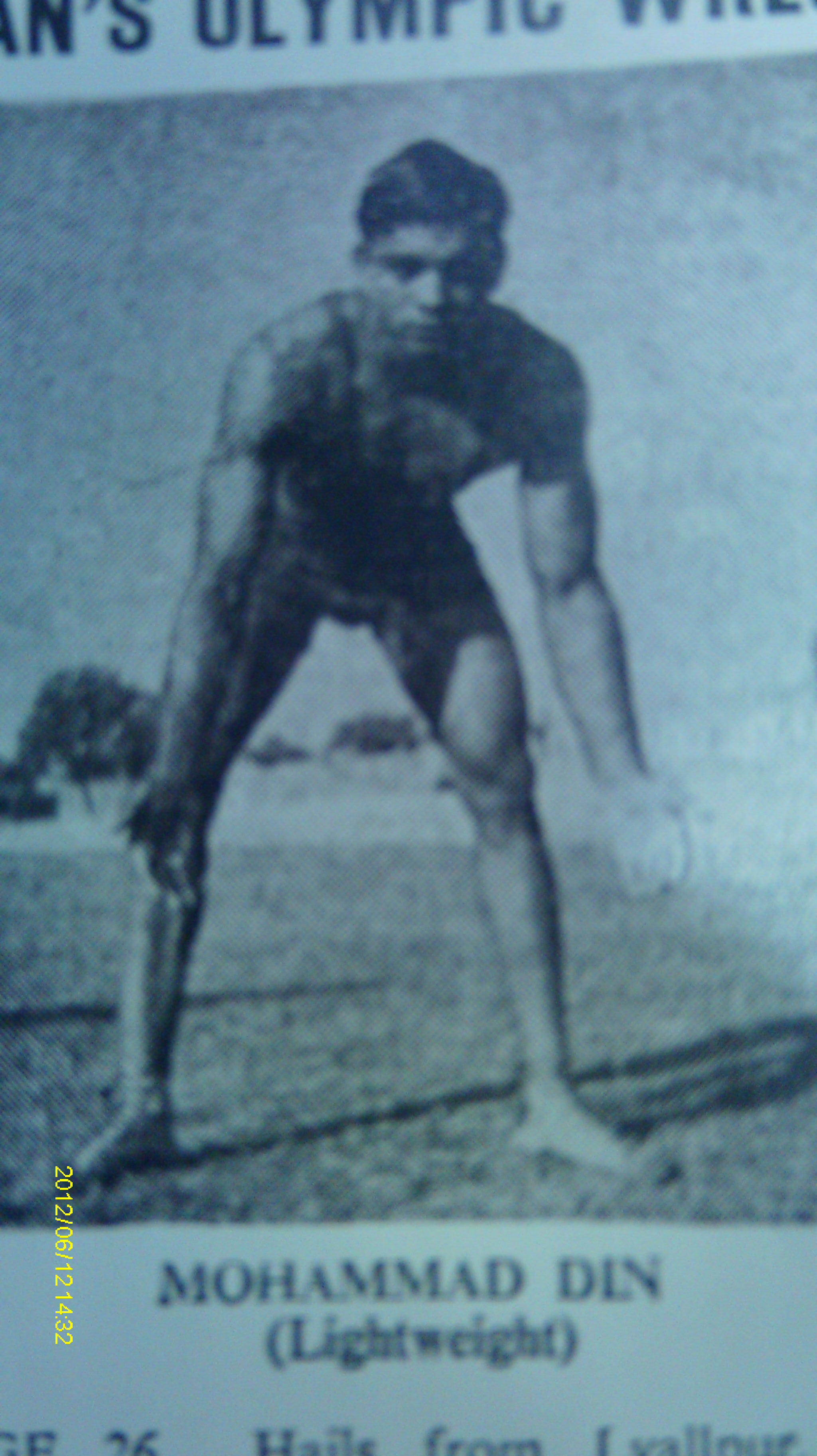
Today marks the start of Action on Stroke month, and the Stroke Association will lead a number of profile raising activities to highlight some key facts. Facts such as stroke can happen to anyone, at any time. Facts such as strokes are increasingly happening to younger people. And other facts – such as how new research shows that whilst hospital care is generally considered to be good, life after hospital can be full of emotional challenges for stroke survivors and their families.
In fact, a new report published by the Stroke Association reveals that the full emotional impact of the condition can be as devastating as the physical effects.
The Stroke Association’s report, Feeling Overwhelmed, surveyed over 2,700 stroke survivors and carers across the UK, including hundreds from the North West. Whilst hospital care is increasingly rated highly, the emotional impact on survivors and their families when they return home is underestimated and often overlooked by health and social care services, leaving people feeling inadequately supported and often abandoned.
The report findings reveal that, in the North West;
- Over half of stroke survivors (59%) felt depressed and two thirds (67%) experienced anxiety as a direct result of their stroke. They also reported high levels of fear of a recurrent stroke (65%), anger (45%) and lack of confidence (78%)
- Two fifths of stroke survivors (40%) said they felt abandoned after leaving hospital and nearly half (44%) had received no information or practical advice to help them cope with the emotional impact of stroke
- Stroke can also have a negative impact on relationships. Over half of stroke survivors (51%) have experienced difficulties in their personal relationships with a husband, wife or partner as a result of stroke. Of these, nearly three in ten had broken up with their partner or are considering doing so.
The report also reveals that stroke causes an emotional shockwave for carers. They say that the emotional effects of caring are the most difficult aspect to cope with;
- Eight in ten (80%) experienced anxiety, 81% felt frustrated, 67% are not getting enough sleep and five in ten (55%) reported that they felt depressed
- Over half reported feeling stressed as a result of being a carer (55%)
- Over two thirds (67%) said that the relationship with the person who had a stroke had suffered or changed.
Chris Larkin, Head of Operations for Stroke Association North West, says:
"Stroke leaves survivors and families shocked, shaken and anxious as their lives are often irreversibly changed in an instant. There are over one million stroke survivors living in the UK and with an aging population this figure is only set to increase.”
So what can be done to help those struggling to cope with the aftermath of stroke?
People’s Voice Media has been fortunate to work closely with The Stroke Association in developing Community Reporter training for those recovering from stroke. What the training – and the content produced - seems to illustrate is that the story-telling aspects of community reporting can play a role in increasing confidence and mood for some stroke survivors. Community Reporting can offer a way back into reclaiming one’s identity – as a survivor, as a reporter, and as a person whose role and usefulness extends beyond being a patient or a victim.
In our experience people have started by telling their own story of recovery. And then other people’s stories. And then finally gone on to telling stories about things non-related to stroke completely, as their confidence grows and they feel more able to take on stories out in the wider community. We have highlighted some content below that illustrates this beautifully.
- The film ‘Life After Stroke’ shows stroke survivors sharing their personal reactions to adapting to life after stroke – from learning to brew up again (don’t over fill the kettle), to ordering a coffee in a café (“Just give me a minute and I’ll get there”) these vignettes are personal, poignant, and illustrative of how small steps can make such a big difference in early recovery.
- 'Fishing Buddies' shows how important the role of the Stoke Association is in bringing people together so that they can reframe and reclaim their identity through peer support and the enjoyment of being involved in activities that are non-medical.
- In ‘The Day That Changed My Life’, stroke survivor Frank gives an extremely moving first-hand account of the moment that he first realised he was having a stroke – and ultimately how he was able to recognise that stroke had changed his life completely, but maybe not just in a bad way.
- And finally, ‘From Olympian to Businessman’ is an article written by Frank. It’s not about life before during or after stroke. It’s just an example of Frank being out in the world, researching and telling stories that are of interest to him as he forges a new life for himself, in which his role as Community Reporter plays a key part.
If you want to get involved in Action on Stroke Month or see what’s happening in your area, join the campaigner’s network, or receive a free Action Pack, visit www.stroke.org.uk/strokemonth or call the Stroke Helpline on 0303 3033 100.





